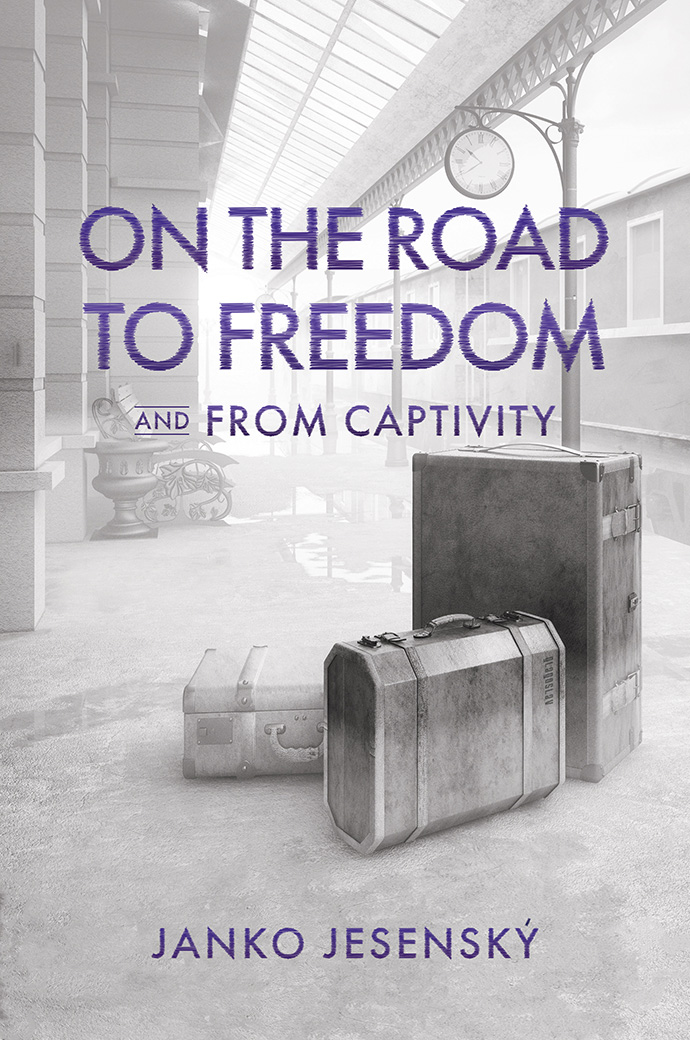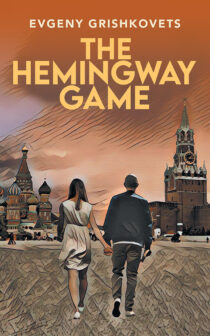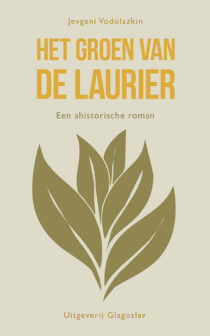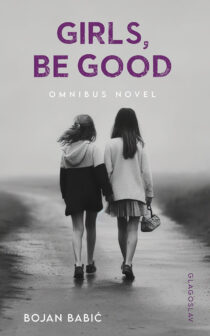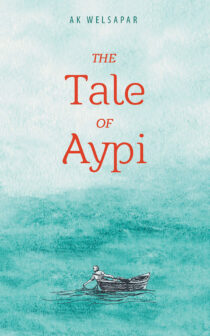On the Road to Freedom
Price range: €9.95 through €27.99
Followed by From Captivity
Author: Janko Jesenský
Introduced and translated by Charles S. Kraszewski
This book is unique among the memoirs that came out of the First World War, as it chronicles not desperate charges or trench warfare, but the daily life of Austrian prisoners of war taken into Russian captivity at the very outset of the conflict.
‘“Brother, you have another pair of boots,” Jaroslav Hašek said to me, grabbing me by the sleeve. “How do you know?” “Yesterday you were in army boots, and today you’ve got civilian ones on. I’d buy those army boots off you.” And in this way my high-laced boots, which I was given by the Austrian Red Cross way back in Beryozovka-za-Baikalom, came into Hašek’s possession. It was a silly thing to do.
Not because I should have known that I wouldn’t get a kopeck out of Hašek in exchange for them — at bottom, I did know that — but as a former soldier, I should have thought about reserves. Life is a war and in this war, sometimes boots become casualties.’ Thus ruefully muses Janko Jesenský, Slovak poet and politician, in the pages of his On the Road to Freedom. This book, newly translated into English by Charles S. Kraszewski, is unique among the memoirs that came out of the First World War, as it chronicles not desperate charges or trench warfare, but the daily life of Austrian prisoners of war taken into Russian captivity at the very outset of the conflict.
Of course, the reader will find more than one exciting passage in On the Road to Freedom, from eyewitness accounts of the Soviet Revolution in Kiev and Saint Petersburg to the heroic and bloody route cut by the Czechoslovak Legions through Red Army forces as the former POWs make their way across Siberia to Vladivostok and the long steamboat journey home, where they will aid in establishing the newly independent Republic of Czechoslovakia. But the most engaging aspect of On the Road to Freedom, and the poems that Jesenský composed during his Russian captivity (a generous selection of which are appended to these memoirs), is the palpable experience of the daily life of the POW — far from home, cold, and hungry, one of the ‘ants [who] / Roil the yard with mess-plates in their hands — / Like hungry beasts for fish-soup from the kitchen.’ Besides their value as literary texts, Janko Jesenský’s wartime writings in verse and prose are a welcome addition to the English library of early twentieth century history.
They provide a fresh, Slovak perspective on the ‘Great War,’ the Russian Revolution, the establishment of the Czechoslovak state, and the situation of the smaller Central European nations on the chessboard of politics dominated by great powers.
This book was published with a financial support from SLOLIA, Centre for Information on Literature in Bratislava.
| Author | Janko Jesenský |
|---|---|
| Pages | 394 pages |
| Book Format | Hardcover, Paperback, EPUB, Kindle |
| Publication date | 30th November 2023 |
Author
Janko Jesenský
Janko Jesenský (1874–1945). Poet, prose writer, translator and Slovak statesman. Jesenský was the scion of the noble Slovak family Jesenský z Horného Jasena. Like his father, Jen Baltazár Jesenský-Gasparé and brothers Fedor and Vladimír, he was active in the propagation of Slovak culture and language during the difficult years of the Habsburg Empire, when Slovakia was subjected to strong Magyarising pressure. Jesenský is well known as a poet, having published nine collections of verse, including Zo zajatia [From Captivity, 1918], which chronicle his four years as a Russian prisoner of war and member of the Czechoslovak Legions, two plays (unpublished in his lifetime) and eleven works in prose, including his memoirs Cestou k slobode [On the Road to Freedom, 1933], an important eyewitness account of the First World War, the establishment of the Czechoslovak Legions and the Czechoslovak National Council, the Russian Revolution and subsequent Russian Civil War. His translations from Russian include Alexander Pushkin’s masterpiece Eugene Onegin. In the newly established First Czechoslovak Republic he served as county governor (župan) in Rimavská Sobota and Nitra, and later in the regional-national government in Bratislava, eventually becoming Vice President of the Regional Government for Slovakia. During the Second World War, at the breakup of Czechoslovakia and the establishment of the collaborationist Slovak Republic of Monsignor Tiso, he retired from public life but continued to compose anti-Fascist poetry, much of which was broadcast from the free Czechoslovak radio service in London.
Translator
Charles S. Kraszewski (born 1962) is a poet and translator, creative in both English and Polish. He is the author of three volumes of original verse in English (Diet of Nails; Beast; Chanameed), and two in Polish (Hallo, Sztokholm; Skowycik). He also authored a satirical novel Accomplices, You Ask? (San Francisco: Montag, 2021). He translates from Polish, Czech and Slovak into English, and from English and Spanish into Polish. He is a member of the Union of Polish Writers Abroad (London) and of the Association of Polish Writers (SPP, Kraków). In 2022 he was awarded the Gloria Artis medal (III Class) by the Ministry of Culture of the Republic of Poland. In 2023, he was awarded the ZAiKS prize for Translation into a Foreign Tongue by the Polish Author’s Association (ZAiKS).
Endorsements and Review Quotes
“An interesting memoir of a remarkable episode.” Edward James, Historical Novel Society
